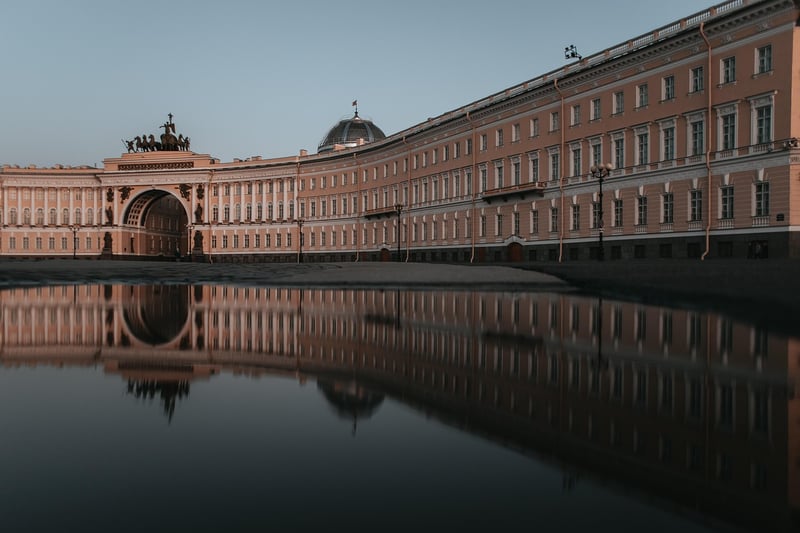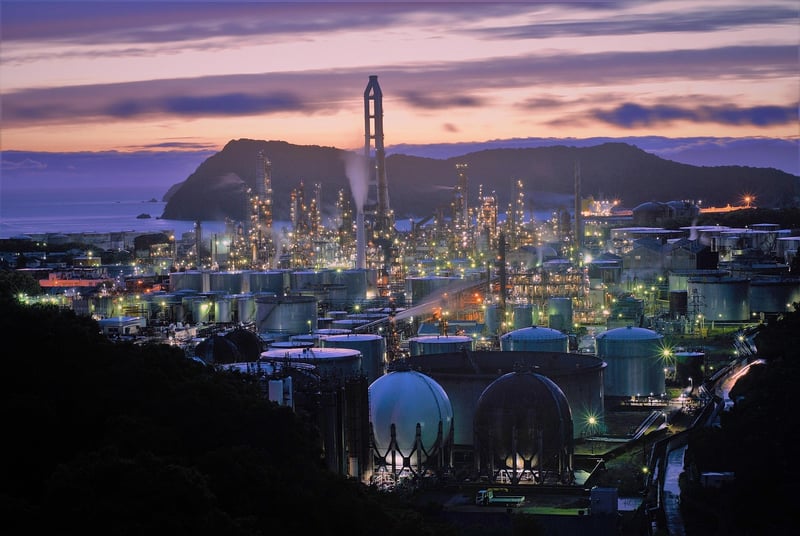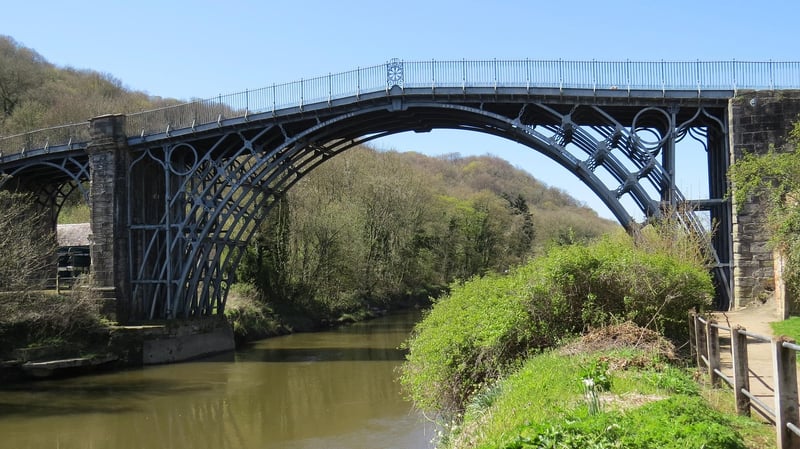Industrial Revolution
Exploring Historical Eras: The Industrial Revolution

Welcome to a journey through time, where we delve into one of the most transformative periods in history - the Industrial Revolution. This epochal era marked a significant shift in human civilization, revolutionizing economies, societies, and daily life.
What was the Industrial Revolution?
The Industrial Revolution was a period in the late 18th and early 19th centuries that saw a massive shift from agrarian, rural societies to industrial, urban ones. It began in Britain and spread to Europe and the United States, fundamentally changing the way goods were produced and consumed.
Key Features of the Industrial Revolution:
- Rapid urbanization as people moved from villages to cities for work in factories
- The invention of steam engines and mechanized production processes
- The rise of factories and mass production
- Growth of industries like textiles, iron, and coal mining
- Social and economic changes, including the emergence of the middle class
Impact of the Industrial Revolution:
The Industrial Revolution had far-reaching consequences, shaping the modern world we live in today. It led to technological advancements, improved living standards for some, but also brought about challenges such as poor working conditions, child labor, and environmental degradation.
Legacy of the Industrial Revolution:
Despite its drawbacks, the Industrial Revolution laid the foundation for modern industrial societies, paved the way for globalization, and spurred further innovations in technology and science.
As we reflect on this pivotal historical era, we acknowledge its complexities and lasting impact on our world.

Join us on this journey through time as we unravel the layers of the Industrial Revolution and its enduring influence on our lives.
Let's continue to explore and learn from the lessons of history as we shape the future together.
